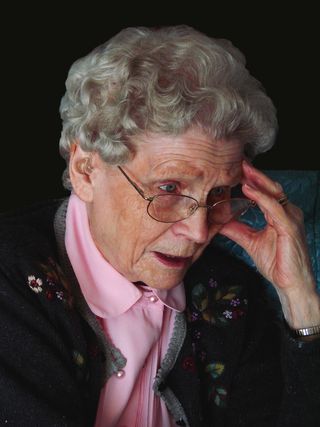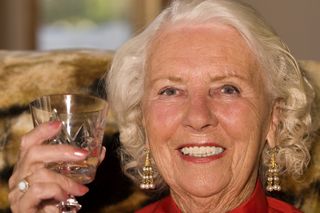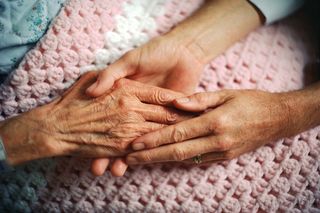 Learning that your family will include a special needs child dramatically changes the narrative for families and most don't know what to expect, from providing care to financial planning. The New York Daily News explores the financial planning that needs to take place in "How to prepare a financial plan for families with special needs children."
Learning that your family will include a special needs child dramatically changes the narrative for families and most don't know what to expect, from providing care to financial planning. The New York Daily News explores the financial planning that needs to take place in "How to prepare a financial plan for families with special needs children."
Experts estimate that raising a child to age 18 costs roughly $250,000 and those parents of children with disabilities and special needs will have costs that could be as much as 10 times more. With these types of financial challenges, here are some key areas to focus on to protect and grow your money.
- Assemble a team of experts. That team should include an elder law attorney, doctor, accountant, and government benefits specialist to help you understand Social Security, Medicaid, and other state and federal government programs;
 Houston Estate Planning and Elder Law Attorney Blog
Houston Estate Planning and Elder Law Attorney Blog










